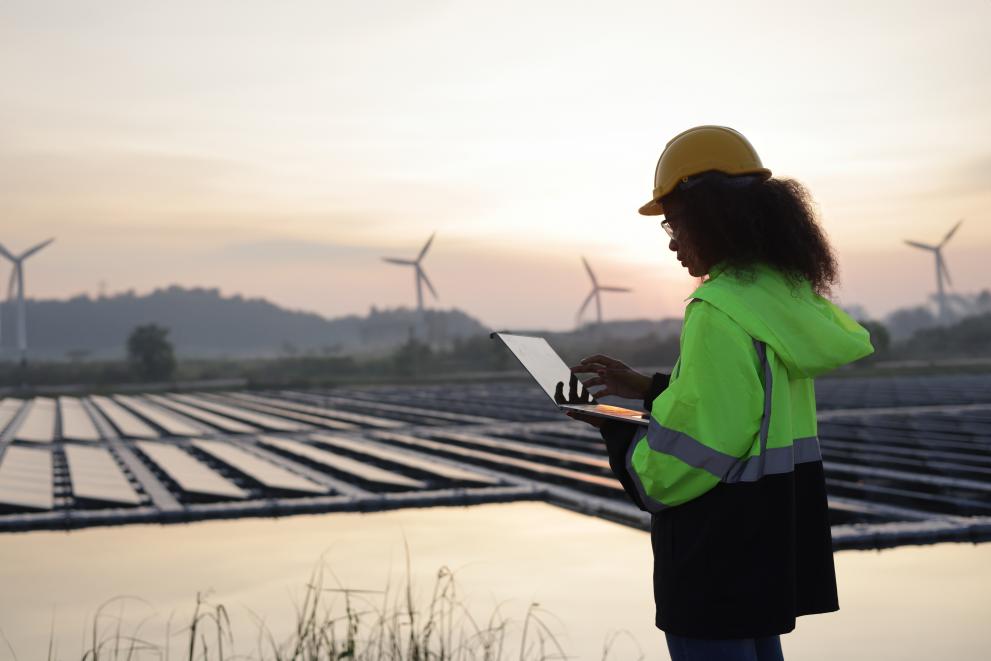
An agreement was reached in Geneva, Switzerland last week at the TEIA COP13 to strengthen the safe and secure management of hazardous substances to prevent and mitigate industrial accidents and to improve industrial safety as part of the energy transition.
It demonstrates a strong international commitment to further improving industrial safety in line with clean industrial competitiveness, which is an EU priority as outlined in President von der Leyen’s political guidelines.
Parties to the Convention agreed to continue the work on the industrial safety of the energy transition, to tackle emerging risks related to the development of new technologies and processes linked to decarbonisation and the mitigation of climate change.
With yet unknown hazards for human health and the environment, more awareness is needed for operators, decision-makers and the public. The COP has a pioneering role to play in that regard.
The participants also adopted guidance on managing risks from natural hazards to hazardous installations and an overview of risk assessment methods.
Background
The UNECE Convention on the Transboundary Effects of Industrial Accidents (TEIA) aims to protect people and the environment against industrial accidents with transboundary effects through active cooperation between countries to prevent these accidents, as well as to prepare for and respond to such accidents should they occur.
The overall objective is to reduce the frequency and severity of industrial accidents, and to mitigate their effects.
The European Union is a party to the TEIA Convention and has taken a leading role in the work on industrial safety of the energy transition. It is also committed to ensuring safe industrial activities and promoting action to prevent and tackle industrial accidents.
This objective is fully in line with the zero-pollution ambition under the European Green Deal, the Commission’s 2024-2029 Political Guidelines, and is embedded in the 2012 Seveso III Directive.
Strengthening the sound management of industrial processes, mining, chemicals and waste, while facing new challenges related to the energy transition and changes in energy sources is key to ensuring a healthy environment for us all.
In that regard, the EU contributes to the financing of the UNECE TEIA Programme of Work, for example, on a new project for 2025 to address emerging environmental and industrial risks linked with decarbonisation and the global energy transition.
Details
- Publication date
- 2 December 2024
- Author
- Directorate-General for Environment

